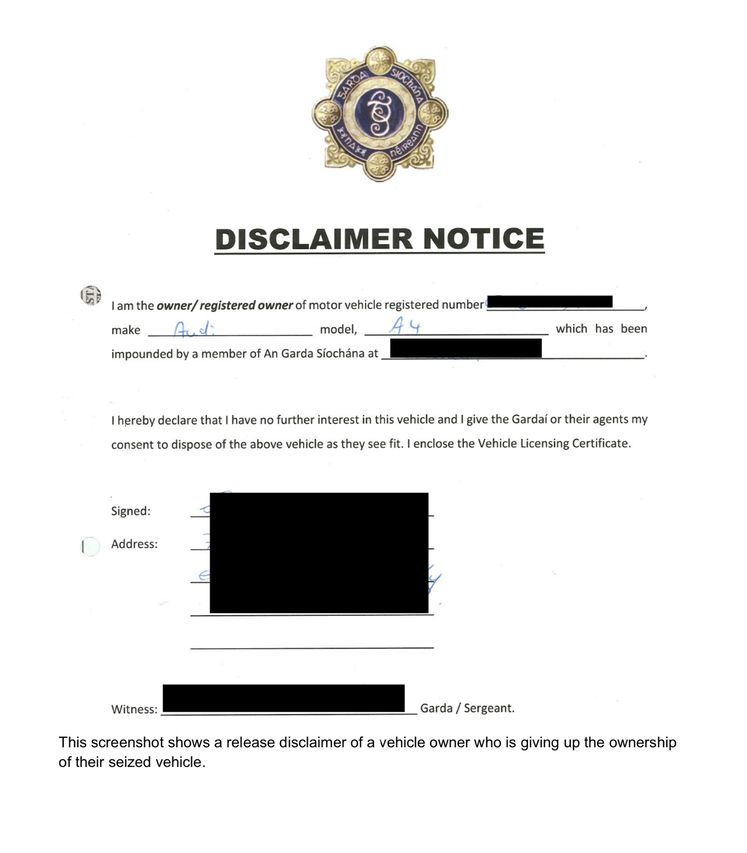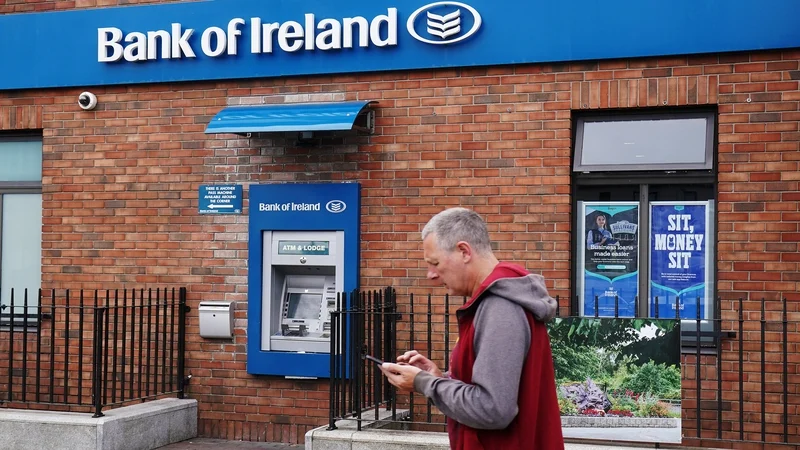Website security is paramount. With the surge in cyber threats and data breaches, safeguarding user data and ensuring a secure online environment is a top priority for website owners. One of the most effective measures to achieve this is through the implementation of SSL security certificates.
Understanding SSL
SSL (Secure Sockets Layer) certificates are digital certificates that serve to authenticate a website’s identity, enabling encrypted connections between the website and its users. This encryption guarantees that sensitive information, such as personal data and financial details, is transmitted securely and is impervious to interception by hackers or malicious entities.
A Stark Reminder: Recent IT Breach
A sobering reminder of the potential risks and dire consequences of inadequate website security comes to us via a recent incident reported in the Irish Independent. The article reveals that the personal details of thousands of Irish drivers who had their cars towed were exposed online in a major data breach. This breach laid bare a treasure trove of sensitive information, including spreadsheets, vehicle registration details, driving licenses, and other personal data.
This unprotected online database was part of a storage system used by 11 towing companies to archive records of towed cars for An Garda Síochána and various other entities.
The Intrinsic Value of SSL Security Certificates
Here are compelling reasons why SSL security certificates are indispensable for websites:
- Data Encryption: SSL certificates encrypt data in transit, rendering it indecipherable to any unauthorized party attempting to intercept it. This vital layer of security ensures the confidentiality and integrity of sensitive information.
- Authentication: SSL certificates authenticate the website’s identity, assuring users that they are dealing with a legitimate and authorized entity. This authentication is a bulwark against phishing attacks and counterfeit versions of the website designed to deceive users.
- Trust and Credibility: Websites with SSL certificates display trust indicators such as the padlock symbol and “https” in the URL. These visual cues signal to users that the website is secure and reliable for safeguarding their personal information. This builds trust and credibility, ultimately leading to increased user confidence and engagement.
- Compliance with Security Standards: SSL certificates are vital for complying with industry-specific security standards and regulations. Many sectors, such as e-commerce and finance, have stringent requirements for secure online transactions and customer data protection. Implementing SSL certificates helps websites meet these standards, thus avoiding penalties or legal consequences.
- Search Engine Optimization (SEO): SSL certificates have become a factor in search engine ranking algorithms. Websites with SSL certificates are more likely to attain higher search engine rankings, translating into increased visibility and organic traffic.
Wrapping it up
In conclusion, SSL security certificates play a pivotal role in ensuring the security, privacy, and trustworthiness of websites. The implementation of SSL certificates not only safeguards user data but also contributes to establishing a robust online presence and gaining a competitive edge. As website owners, prioritizing website security and investing in SSL certificates is non-negotiable. If you have any questions or require assistance in implementing SSL certificates for your website, please do not hesitate to contact us.




